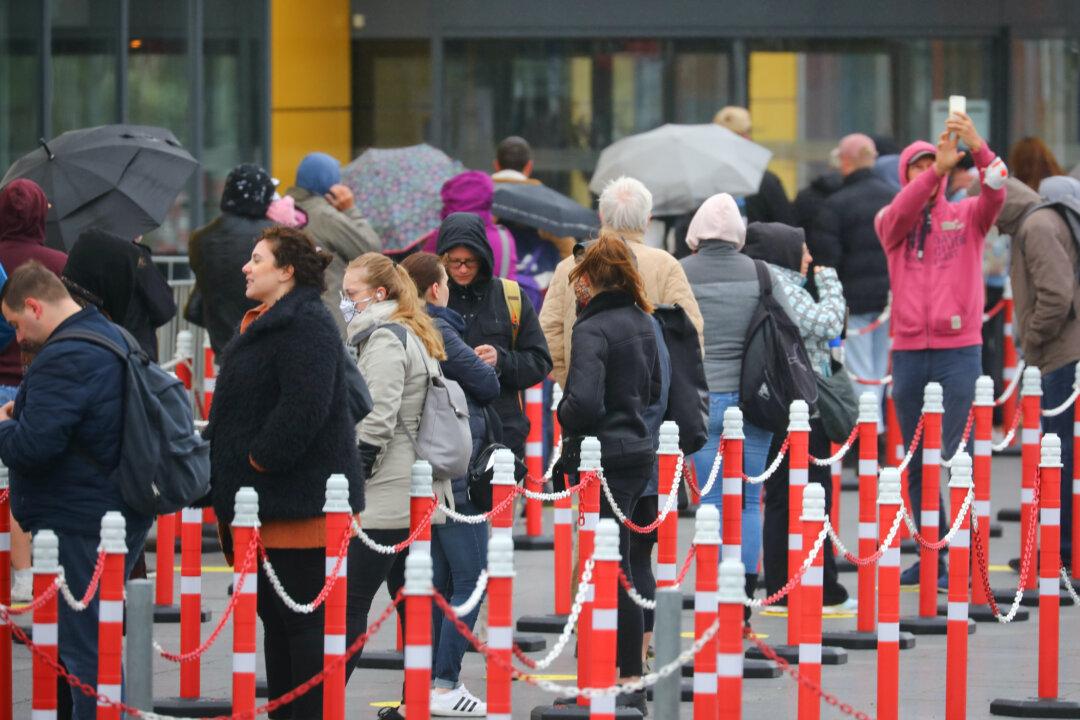BERLIN—Surveys showed consumer and business confidence in France and Germany growing as coronavirus lockdowns are eased, bolstered by generous stimulus packages and declining infection numbers in Europe.
A temporary cut in value-added tax (VAT) in Germany, which will cost the government up to 20 billion euros ($23.17 billion), helped push up consumer morale there more than expected heading into August, Thursday’s data showed.





